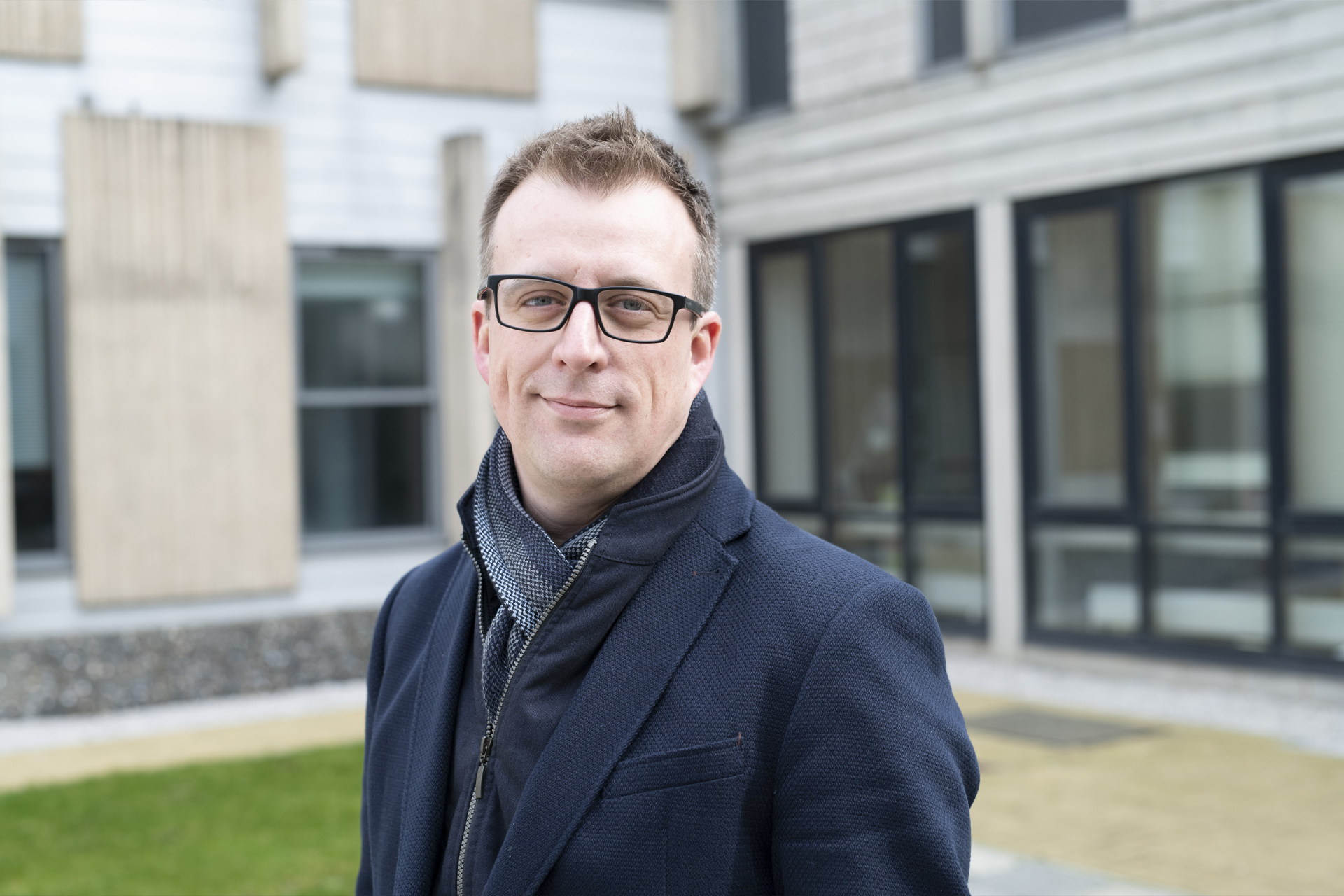Lecturer in US History, Dr Erik Mathisen, has been awarded a Leverhulme Research Fellowship for his new research project, ‘Free Labour & Emancipation in the Nineteenth Century Atlantic World’.
Dr Mathisen shares, ‘”Free Labour & Emancipation in the Nineteenth Century Atlantic World” examines how ideas about free labour (selling our work for a wage) became wrapped up in struggles over the abolition of African slavery, the emancipation of enslaved peoples, and the chaotic expansion of capitalism in the nineteenth century.
Focused on the British Caribbean, the United States and Cuba, the project will chart the history of how the problems of emancipation exposed the contradictions of free labour, not only in places where slavery dominated, but in the lives of working people throughout the Atlantic World. As I hope this project will show, the age of emancipation was one in which freedom and coercion were shaped by the ideas and actions of a broad range of people: missionaries and political economists, but also enslaved people on plantations, day labourers, domestic servants, factory workers and more. Free labour is also intimately connected to a global race for empire and labour in the last decades of the nineteenth and twentieth centuries. This project ties these threads together, showing how the Age of Emancipation built the foundations of the Age of Empire.
I got interested in this project because I wanted to understand the history of the gig economy of the twenty-first century. It occurred to me that the precarity of work in so much of our economy now, as well as the terms of debate about how work is talked about in popular culture, makes a virtue of the freedom and flexibility to work but obscures the coercion that so many face. I was also keen to connect the story of emancipation with the story of working people generally; to see the history of free labour as an opportunity to chart an Atlantic history of working class people.
With a Leverhulme Research Fellowship, I will be be busy spending the next year completing my research on the project, writing two journal articles, and completing a book proposal for a monograph, which I hope to publish in a few years time. Students this year who are taking my Special Subject, “The Age of Emancipation,” have also played a huge part in the project. Spending time thinking through their questions each week has helped me enormously to clarify my own ideas. I hope that when it is finished, they will see some of their fingerprints on parts of the book too!”
You can find out more about Dr Erik Mathisen and his research here.

